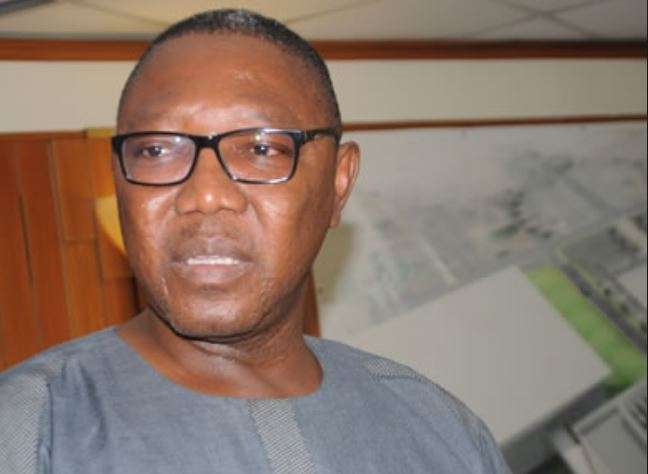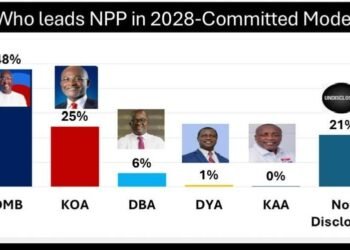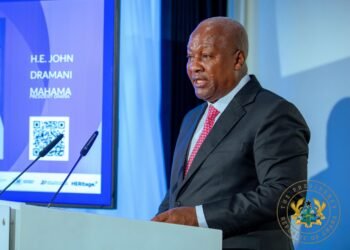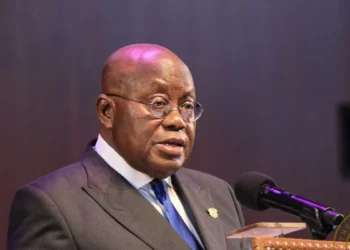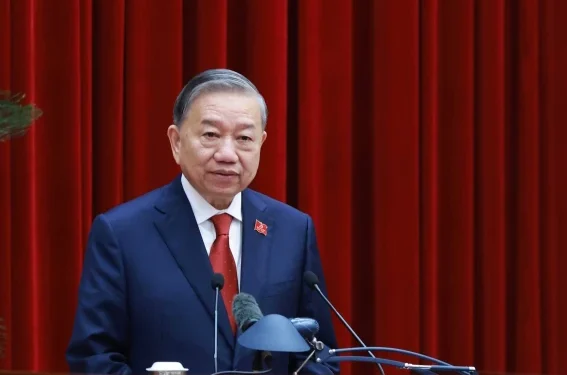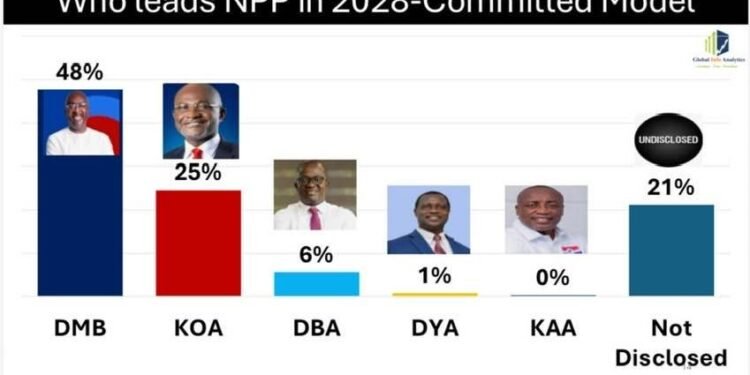Deputy Ranking Member on Education Committee of Parliament, Dr Clement Apaak, has called on government to drop its proposal to wean public tertiary institutions off its public payroll.
Contained in a Facebook post made on March 28, 2022, Dr Apaak explained that as part of measures to address the “self-inflicted economic crisis” the country is facing under the Akufo-Addo government, the “beleaguered” Minister for Finance, Ken Ofori-Atta, with the support of the President have proposed to wean public tertiary institutions off public payroll.
He revealed that what government’s decision implies is that it intends to no longer shoulder the cost of paying lecturers and staff of these tertiary institutions. As a consequent, Dr Apaak indicated that tertiary institutions would have to raise their own revenue to pay for the human resources required to function as institutions of higher learning.
“However, it is our position that the proposal to wean public tertiary institutions off public payroll be dropped completely, because it will invariably restrict access to tertiary education and will prevent the poor and marginalised from accessing tertiary education when implemented”.
Dr Clement Apaak
His statement followed the Finance Minister’s measures of weaning off public tertiary institutions from government payroll and provide them with a fixed amount, a “block grant” instead.
Commenting on this, the Bulisa South legislator expressed that for tertiary institutions under prevailing circumstances to raise the needed resources to pay teaching and non-teaching staff, it will likely require passing a chunk of the bill to students, resulting in higher school fees. Dr Apaak intimated that higher fees will be to the detriment of poor students who are even struggling to pay the current fees.
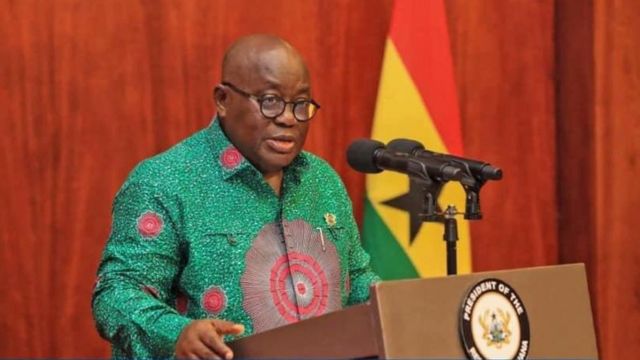
“When public tertiary institutions become fee-paying, then obviously, government is directly introducing a financial barrier to the already existing infrastructural barrier. In any case, why would government increase access by making secondary education free and propose to restrict access by essentially making the cost of obtaining tertiary education by beneficiaries of free secondary education exorbitant?”
Dr Clement Apaak
This proposal, Dr Apaak explained, if implemented, would negate any gains that the free SHS intended to achieve. He questioned whether there is lack of appreciation of the whole policy intervention at the secondary level, particularly for a government that believes that parents cannot afford to pay school fees for their wards at the senior high level.
“In an interesting note only last year, President Akufo-Addo in his attendance made a point in his speech at the Global Education Summit held at the UK, that government was considering free tertiary education. The turnaround by Finance Minister Ken Ofori-Atta makes the exact policy direction of this government on education a wonder.”
Dr Clement Apaak
Public tertiary institutions, Dr Apaak noted, aside their assured quality, are intended to provide an even platform for all, including the poor to access higher education leading to the contribution of their quota to the development of the country. It is in this light, he revealed, government must rethink any measures that are intended to prevent the poor from having access to educational opportunities at the tertiary level.
Impact of weaning public universities of government payroll
Meanwhile, the African Foundation for Educational Development (AFFED), has revealed that the decision of government to wean public universities off its payroll will potentially have dire consequences.
The foundation noted that the move will be detrimental to the running of tertiary institutions in the country. It indicated that the tertiary net enrolment rate remains low and stood at 17 percent as of 2016. Contained in a statement signed by its President Ernest Adade, it intimated that currently it has not made any “significant improvement” as the net enrolment stands at 18 percent.
AFFED underscored that the wean-off will certainly stagnate and in a worst sense reduce the tertiary intake. Following this, it explained that tertiary education would be cost involving, hence neglecting equitable access.
READ ALSO: Skyrocketing Food Prices Choke Ghanaians

